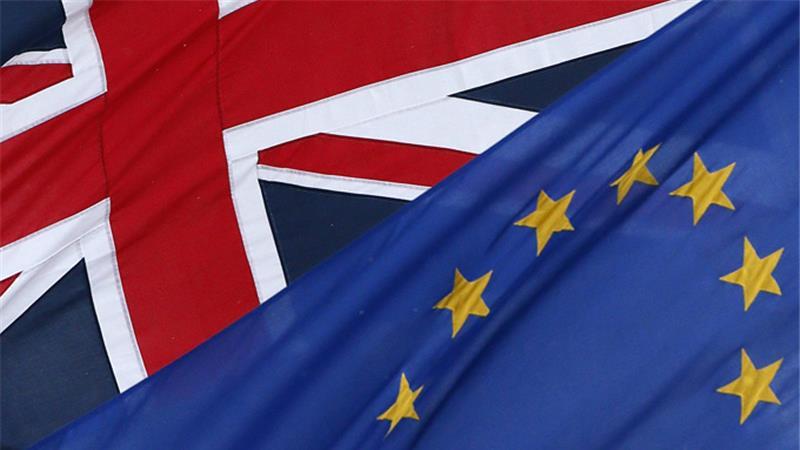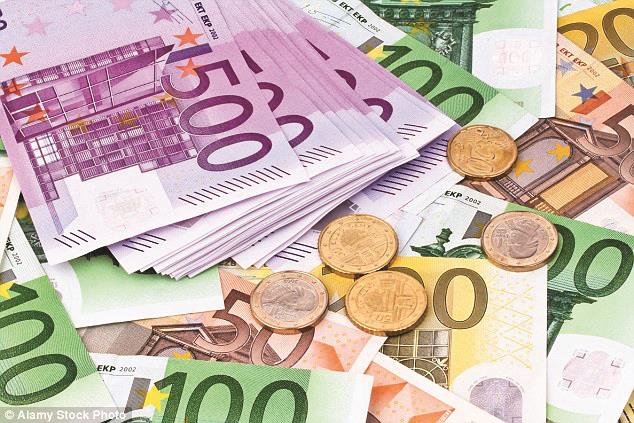Many myths are still circulating about Brexit due to the scaremongering that came about when facing the possibility of a no-deal, despite the positive outcome of an agreement, British High Commissioner Cathy Ward told The Malta Independent.
European Union member states have unanimously endorsed the post-Brexit trade and security deal agreed with Britain on Christmas Eve, paving the way for the new arrangements to come into force on 1 January. The deal, which comes to more than 1,250 pages, will be voted on in the House of Commons today, a day before the Brexit transition period ends.
"When faced with the prospect of a no deal scenario, unfortunately, a great amount of scaremongering occurred. Which despite the positive outcome of an agreed deal, with an encompassing free trade agreement, many of these myths are still circulating," the High Commissioner told The Malta Independent in her first reactions to the Brexit deal. "The reality is few will feel a difference. The Free trade agreement is the largest bilateral agreement of its kind in the world, I think this is exceptionally great news for trade between the UK and Malta."
Ward added that the agreement was for a zero-tariff-zero-quota free trade deal which in essence means that "people can continue to enjoy UK products in Malta, without any cause for concern of price rises." Ward remains optimistic about the agreement.
"The Withdrawal Agreement of March 2020 already secured the rights of UK citizens living in EU countries and EU citizens living within the UK. This free trade deal (FTA) was the next most important step for maintaining a good platform for future Malta-UK relations as we come to the end of the Implementation Period on 31 December 2020."
The Malta Chamber of Commerce, Enterprise and Industry has also welcomed the Brexit deal between the UK and the European Union, along with the Malta Business Bureau. The agreement between the UK and the EU is the largest bilateral trade pact in history. It is also the first modern trade deal to disintegrate a trading partnership, erecting and defining barriers between markets.

During the interview, Ward described the implications for British Expats in Malta, local Maltese citizens, and Maltese with property or an interest to study in the UK. She clarified myths surrounding the amount of time one can stay in each country and uncertainties with regards to healthcare.
What's more, posting to Malta is also going to become more regulated. Those sending parcels from the UK to Malta from 1 January will be required to complete customs declaration forms, CN22 or CN23, detailing the type of good, value, and weight. Letters and documents can be sent to Malta as usual. Still, the UK Post Office is advising customers to complete customs declaration forms on all goods destined for the EU from 29 December, so the parcels are Brexit-compliant on arrival.

Will holidays to the UK and Malta be impacted?
Britons can still go to Europe for holidays and business trips, but the rules will change as people's free movement between the UK and EU comes to an end. UK citizens will be allowed to stay in Malta for 90 days in any 180 days without a visa, and Maltese citizens in the UK can remain for six months. This also applies to second homeowners.
The European Commission says the choice to end free movement 'inevitably mean[s] that business travel between the EU and the UK will no longer be as easy as it currently is'. Ward added that at airports, "British citizens will no longer be able to use the passport queue for EU citizens".
Can I get free healthcare?
British holidaymakers to Malta will still be able to access free healthcare after the Brexit transition period.
Those issued with a European Health Insurance Card (EHIC) before the end of 2020 can use it before its expiry date, the deal states. However, it is vital to check the card's expiry date before arrival in Malta and to consider taking out travel insurance regardless to cover all eventualities. Next year Britain plans to issue the UK Global Health Insurance Card.
Ward noted that around 180 Maltese citizens who avail of medical treatments in the UK and at British hospitals such as Great Ormond Street would see no change in services, as the bilateral health agreement will remain in place.
Will Malta be more expensive than the UK?
This is unlikely - the sterling rose after the free trade deal was reached and is expected to stay higher with the agreement in place than it would have done in the event of a no deal. The sterling fell by 15% after Britons voted to leave the EU, with currency traders betting that the decision would harm the UK economy.
The Bank of England warned last week that a similar drop could have occurred in the event of a no deal. With the pound higher than before the deal was made, Brits will be able to get more Euros for money than previously. However, the Sterling still has a way to rise, as it remains 10% down compared to where it was on the day of the 2016 referendum.

Will it cost more to buy a home in the UK?
The Brexit deal's impact on property prices is still unclear, but many experts believe other factors, such as the Covid-19 pandemic, are more significant. The last few months have seen a micro boom in the housing market, with an accompanying rise in property prices, thanks to the UK government's stamp duty holiday. Ward reassured that she is not aware of any proposed changes in taxes for Maltese homeowners in the UK, and the same for Brits with property in Malta. "However, one must respect the amount of time one can stay in each country"
What about studying abroad?
The UK will no longer participate in the EU-funded student exchange programme Erasmus, however it is being replaced by a new scheme named after Bletchley Park codebreaker Alan Turing that will allow British students to go to universities worldwide. Further details of the scheme will be released in 2021, as well as additional information about how Maltese students can access study in the UK.
The Erasmus exchange programme, which the UK joined in 1987, allows students to study and work across Europe. Students in Northern Ireland will still have access to the scheme through an agreement with the Republic of Ireland.
Ward confirmed any Maltese students already scheduled to take part in Erasmus courses in 2021 would be able to, and that no new applications would be accepted after 1 January. No increase in fees is expected for any Maltese students currently studying in the UK.
The only obstacles standing in the way of the deal coming into force are votes by MPs and peers in the House of Commons and the House of Lords. The UK parliament has been recalled to sit today, to debate and vote on the legislation.